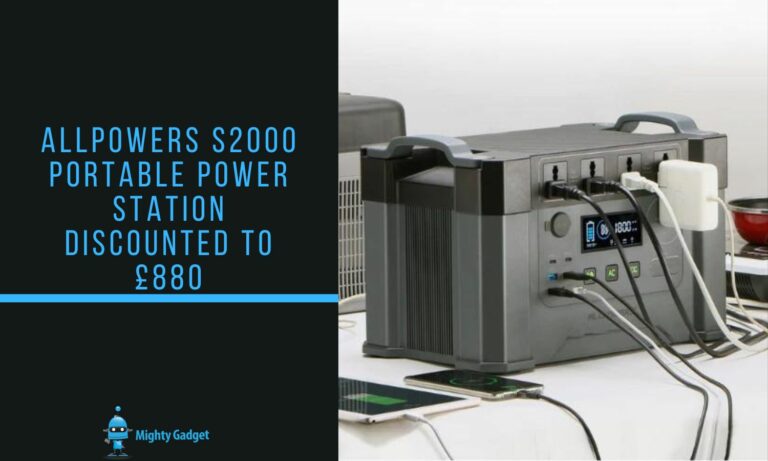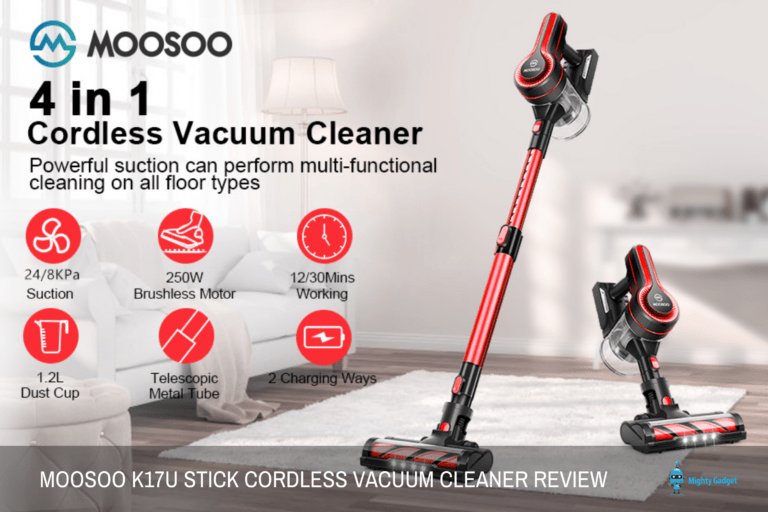Any links to online stores should be assumed to be affiliates. The company or PR agency provides all or most review samples. They have no control over my content, and I provide my honest opinion.
Selecting the right Virtual Private Server (VPS) for your business is a crucial decision that can significantly impact your website’s performance and security. With so many hosting options available, it’s important to carefully consider your specific needs to ensure that the VPS you choose aligns with your business goals. To help you make an informed choice, here are some key questions to ask yourself when choosing a VPS for your business.
1. What Are My Business’s Resource Requirements?
The first step in selecting the right VPS is determining how much computing power, memory, and storage your business requires. Consider the following factors:
- Traffic Volume: How much traffic lands on your website, and do you expect it to grow?
- Applications: Are you running resource-intensive applications, such as e-commerce platforms, databases, or content management systems?
- Data Storage: How much storage do you need for website content, databases, and backups?
Understanding your resource requirements will help you choose a Linux VPS hosting plan that provides adequate CPU, RAM, and disk space to ensure smooth operation. If you’re unsure of your current needs, consider starting with a plan that allows for easy scaling as your business grows.
2. Do I Need a Managed or Unmanaged VPS?
A major factor to consider is whether you prefer a managed or unmanaged VPS solution. The right choice depends on your expertise and how much time you want to spend managing the server.
- Managed VPS: With a managed VPS, the hosting provider handles all server maintenance, updates, security patches, and troubleshooting. This option is ideal for businesses without a dedicated IT team or those that want to focus on core operations rather than server management.
- Unmanaged VPS: An unmanaged VPS provides full control over the server, but you’re responsible for maintaining it, including updates, software installation, and security configurations. This option is better suited for businesses with technical expertise and an in-house IT team.
3. How Important Is Scalability for My Business?
As your business grows, your hosting needs may increase. Consider whether the VPS provider offers scalable plans that allow you to upgrade your resources without downtime or the need to migrate to a new server.
If you expect rapid growth, ensure the VPS provider offers flexible plans that can easily accommodate traffic spikes, data expansion, and increasing resource demands.
4. What Kind of Uptime and Performance Guarantee Does the Provider Offer?
Website uptime is vital for maintaining a positive user experience and ensuring that your business remains accessible. Downtime can result in lost revenue and damage to your reputation. Look for VPS providers that offer a high uptime guarantee, typically 99.9% or higher. It’s also important to assess the provider’s infrastructure – whether they use solid-state drives (SSDs), high-speed processors, and optimised network configurations for enhanced performance.
Additionally, consider the location of the VPS provider’s data centres. If your target audience is concentrated in a specific region, choose a provider with centres located nearby to reduce latency and improve load times.
5. What Security Features Are Available?
Security is a top priority for any business, particularly for those handling sensitive customer data or financial transactions. Ask yourself what level of security your business requires and ensure that the VPS provider offers robust protection measures.
Look for security features such as:
- Firewalls and intrusion detection systems (IDS)
- DDoS protection to prevent distributed denial-of-service attacks
- Data encryption to protect sensitive information
- Automated backups and disaster recovery options to safeguard against data loss
If your business needs to comply with specific regulations, such as GDPR or PCI DSS, confirm that the VPS provider offers solutions that meet these compliance requirements.
6. What Is My Budget?
While VPS hosting is generally more cost-effective than dedicated servers, assess your budget and compare pricing plans across different providers. Don’t base your decision solely on price; the cheapest option may lack essential features like scalability, security, or technical support.
Consider the value offered by each VPS plan, taking note of the included resources, security features, uptime guarantees, and customer support. Also, confirm any additional costs, such as overage fees for bandwidth or storage, to ensure there are no unpleasant surprises.
7. What Level of Customer Support Do I Need?
Lastly, consider the level of customer support you may need. VPS hosting can sometimes involve technical challenges, so having access to reliable customer support is important. Look for providers that offer 24/7 support via multiple channels such as live chat, email, and phone.
If you choose a managed VPS, ensure that the provider has a solid track record of responsive and knowledgeable support. For unmanaged VPS, having access to resources like documentation, forums, and a support team can help to troubleshoot any issues you encounter.
Conclusion
Choosing the right VPS for your business involves carefully evaluating your resource needs, scalability, security requirements, and budget. By asking yourself these key questions, you can select a VPS that not only meets your current needs but also supports your business’s growth and ensures a smooth, reliable online presence. Whether you opt for a managed or unmanaged solution, the right VPS will provide the performance, control, and flexibility that your business needs to succeed.
I am James, a UK-based tech enthusiast and the Editor and Owner of Mighty Gadget, which I’ve proudly run since 2007. Passionate about all things technology, my expertise spans from computers and networking to mobile, wearables, and smart home devices.
As a fitness fanatic who loves running and cycling, I also have a keen interest in fitness-related technology, and I take every opportunity to cover this niche on my blog. My diverse interests allow me to bring a unique perspective to tech blogging, merging lifestyle, fitness, and the latest tech trends.
In my academic pursuits, I earned a BSc in Information Systems Design from UCLAN, before advancing my learning with a Master’s Degree in Computing. This advanced study also included Cisco CCNA accreditation, further demonstrating my commitment to understanding and staying ahead of the technology curve.
I’m proud to share that Vuelio has consistently ranked Mighty Gadget as one of the top technology blogs in the UK. With my dedication to technology and drive to share my insights, I aim to continue providing my readers with engaging and informative content.







